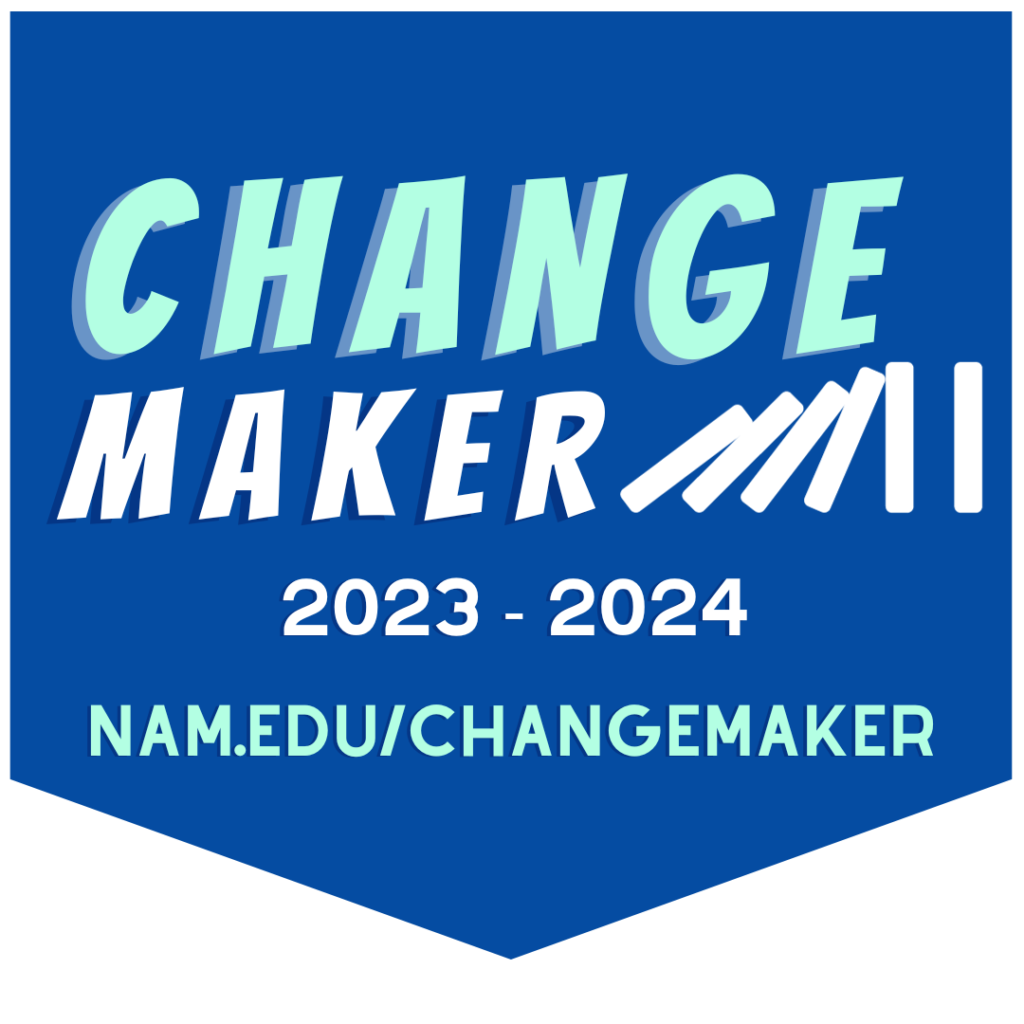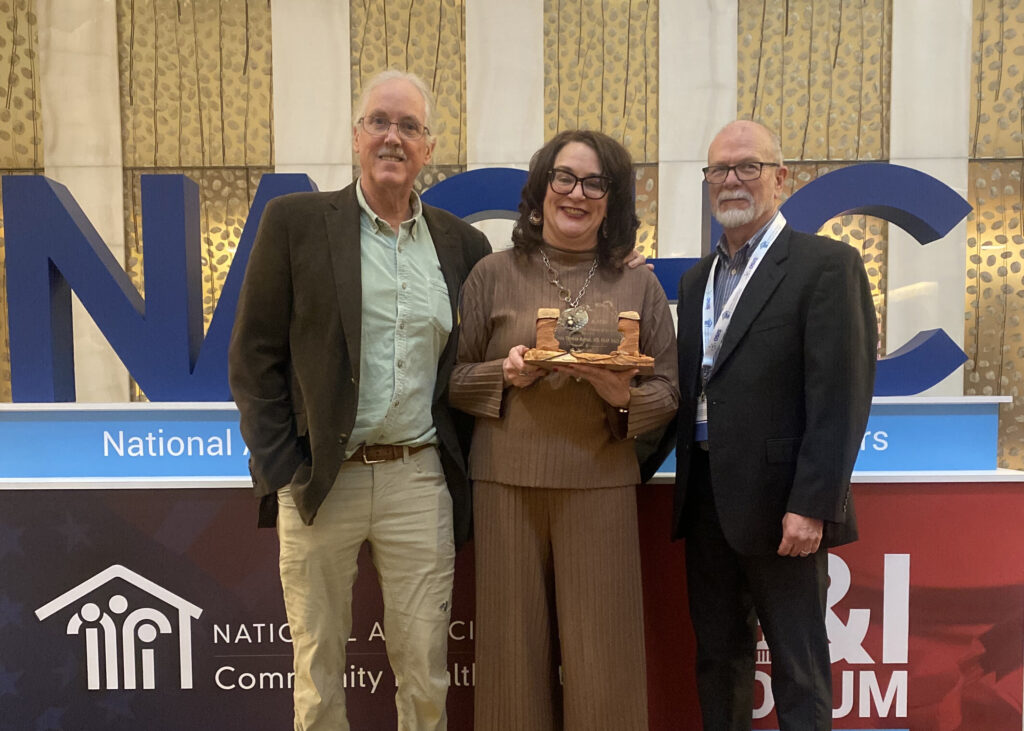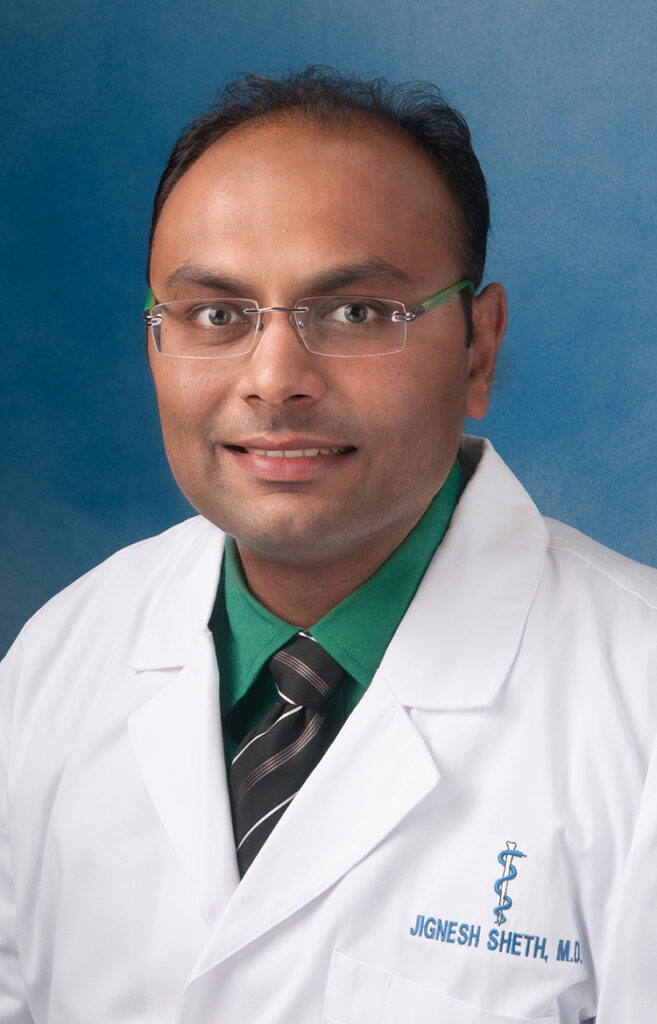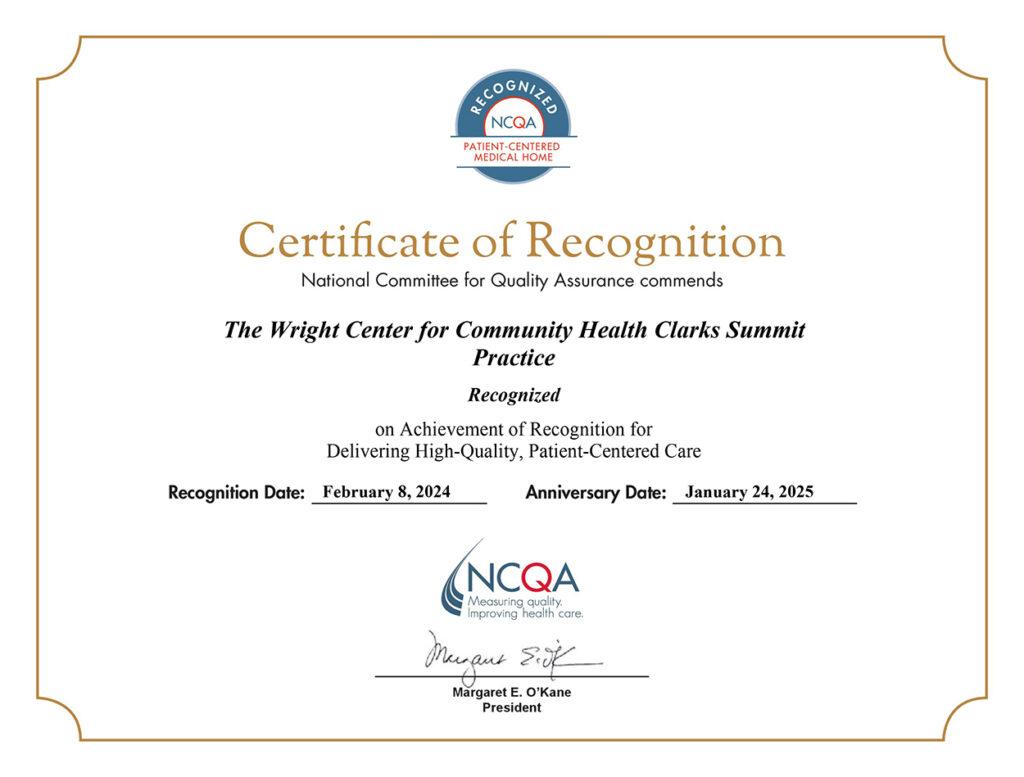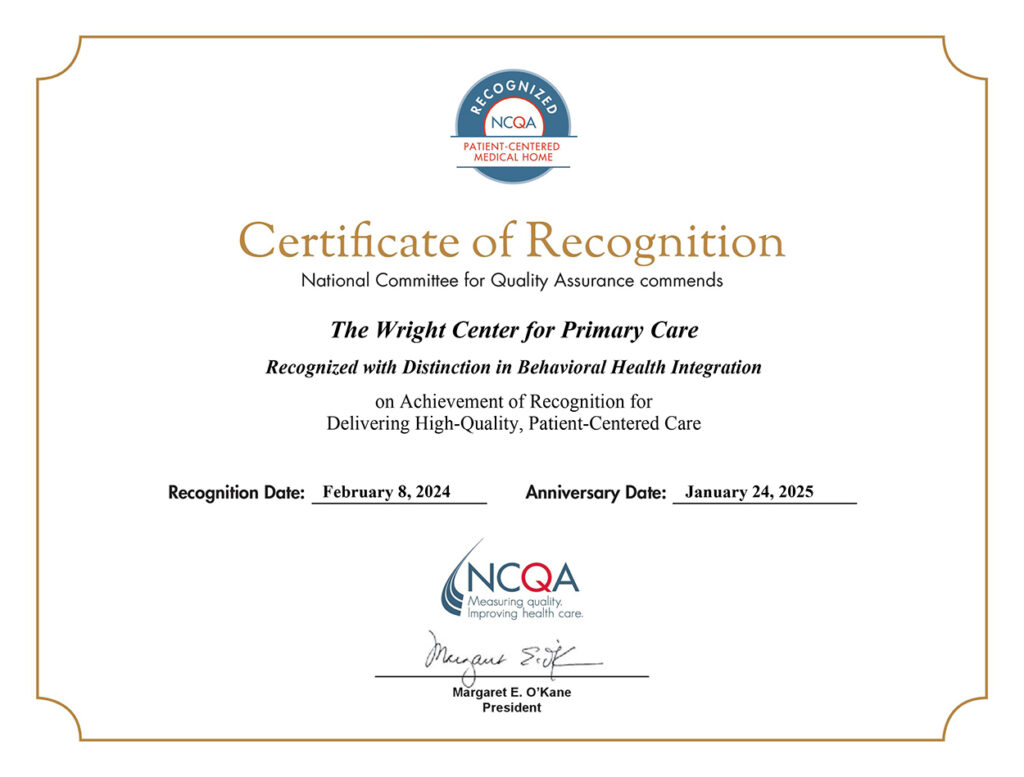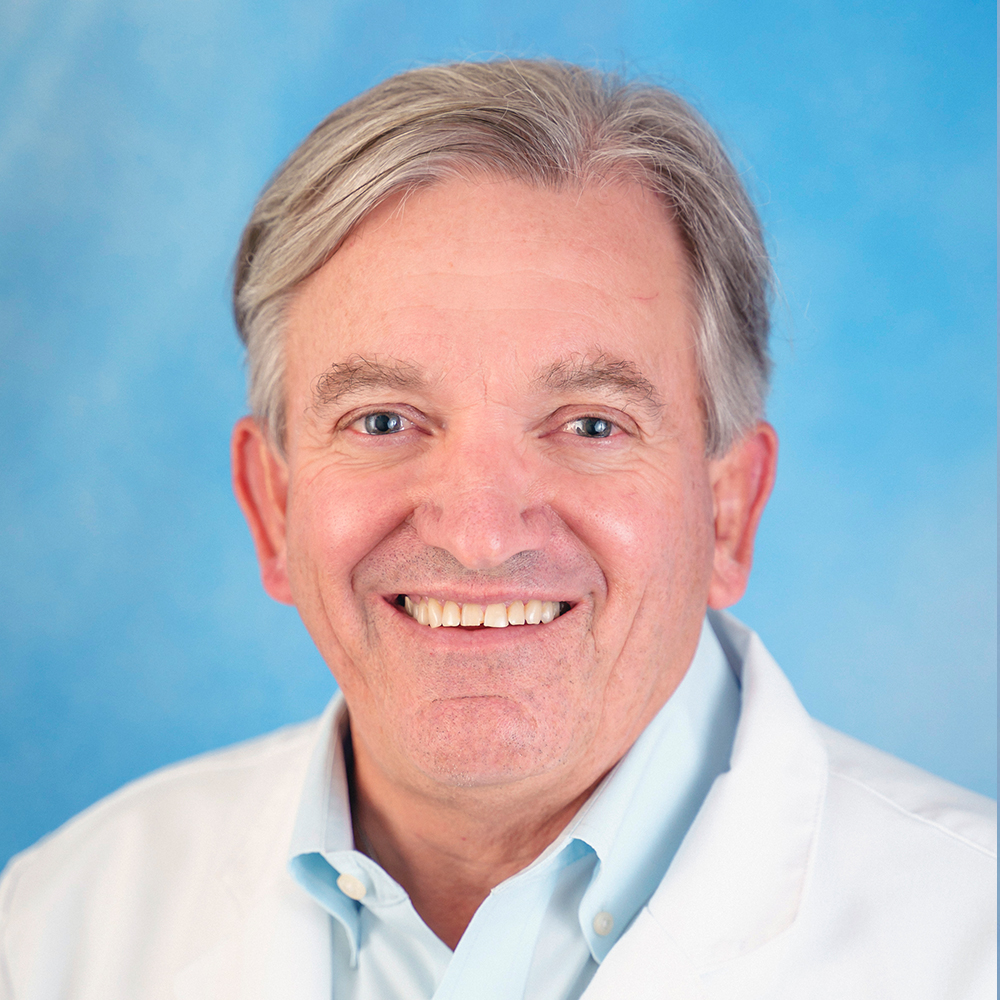The Wright Centers for Community Health and Graduate Medical Education have named Emmy Kinsey, a registered nurse, as associate vice president of quality, safety, and emergency preparedness.
In her new role, Kinsey, of Thornhurst Twp., will oversee clinical staff education and development and the continued high standards of patient care and performance at The Wright Center for Community Health’s 10 practices in Lackawanna, Luzerne, and Wayne counties, including its mobile medical and dental unit, Driving Better Health. She will also ensure that quality and safety programs at the practices remain in accordance with governing entities’ guidelines.
Kinsey received her bachelor’s degree in nursing from Marywood University. Prior to joining The Wright Centers, she worked in the emergency department at Lehigh Valley Hospital–Pocono in East Stroudsburg and was the clinical team coordinator in the intensive care unit at Geisinger Community Medical Center in Scranton, where, during the COVID-19 pandemic, she led their site manager program for the regional biocontainment unit.
Kinsey is a member of Sigma Theta Tau International, which is the international honor society of nurses, Nurses Emerging as Leaders, and the American Organization for Nursing Leadership.
Headquartered in Scranton, The Wright Center for Community Health offers whole-person primary health services, as well as extensive geriatric services, including Alzheimer’s and dementia evaluation and testing, well visits, ongoing care for chronic conditions, caregiver support, and preventive care, as well as health education, case management, and linkage to community resources and support services.
The Wright Center accepts most major health insurance plans, including Medical Assistance (Medicaid), Medicare, and CHIP. No patient is turned away due to an inability to pay. To make an appointment, go to TheWrightCenter.org or call 570.230.0019.

Emmy Kinsey, associate vice president of quality, safety, and emergency preparedness
The Wright Center for Graduate Medical Education is one of the largest U.S. Health Resources and Services Administration-funded Teaching Health Center Graduate Medical Education consortiums in the nation. It offers residencies in four disciplines – family medicine, internal medicine, physical medicine & rehabilitation, and psychiatry – as well as fellowships in cardiovascular disease, gastroenterology, and geriatrics. All of its programs are accredited by the Accreditation Council for Graduate Medical Education.
